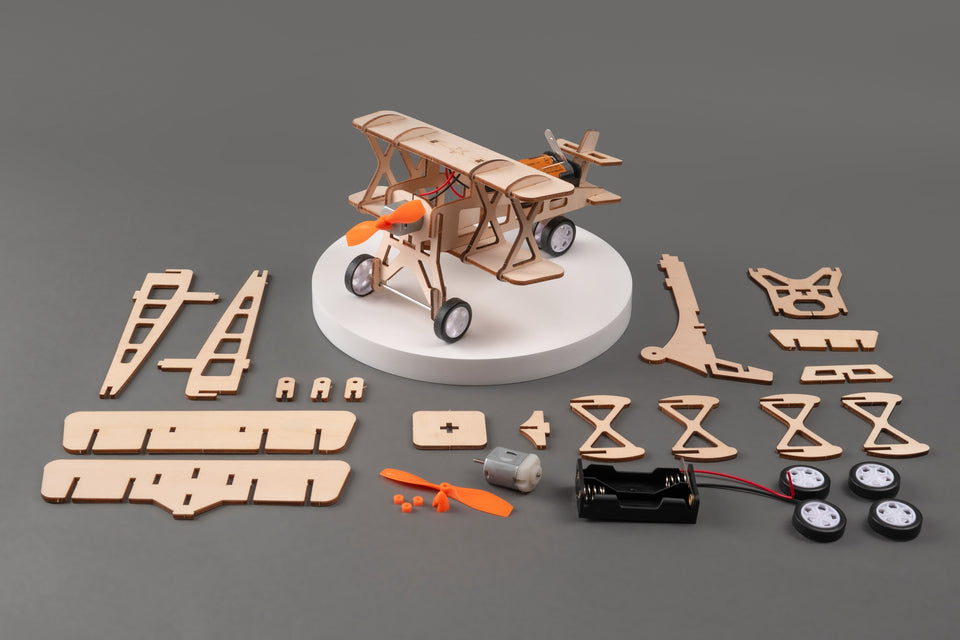Engaging children in activities that involve handling small parts
Engaging children in activities that involve handling small parts can have numerous benefits for their cognitive and motor development. Here's why:
-
Fine Motor Skills: Handling small parts requires precise finger movements and coordination, which helps develop fine motor skills. This is crucial for tasks like writing, tying shoelaces, and using utensils.
-
Hand-Eye Coordination: Activities that involve manipulating small parts require children to coordinate their hand movements with what they see. This enhances hand-eye coordination, which is essential for tasks like catching a ball or threading a needle.
-
Problem-Solving Skills: Working with small parts often involves figuring out how pieces fit together or how to complete a task. This fosters problem-solving skills and encourages children to think critically and creatively.
-
Patience and Persistence: Some activities with small parts can be intricate and require patience to complete. Children learn the value of persistence as they work through challenges and setbacks, building resilience and perseverance.
-
Spatial Awareness: Handling small parts helps children develop spatial awareness, understanding how objects relate to each other in space. This skill is valuable in various activities, such as reading maps, assembling furniture, or playing sports.
-
Creativity and Imagination: Working with small parts encourages creativity and imagination as children envision and create new structures, designs, or solutions. This fosters a sense of innovation and resourcefulness.
-
Focus and Attention to Detail: Activities involving small parts often require focused attention and attention to detail. Children learn to concentrate on the task at hand and notice subtle differences, which can benefit them academically and in daily tasks.
-
Sense of Accomplishment: Completing tasks that involve handling small parts provides children with a sense of accomplishment and pride in their abilities. This boosts self-esteem and confidence, motivating them to take on new challenges.

